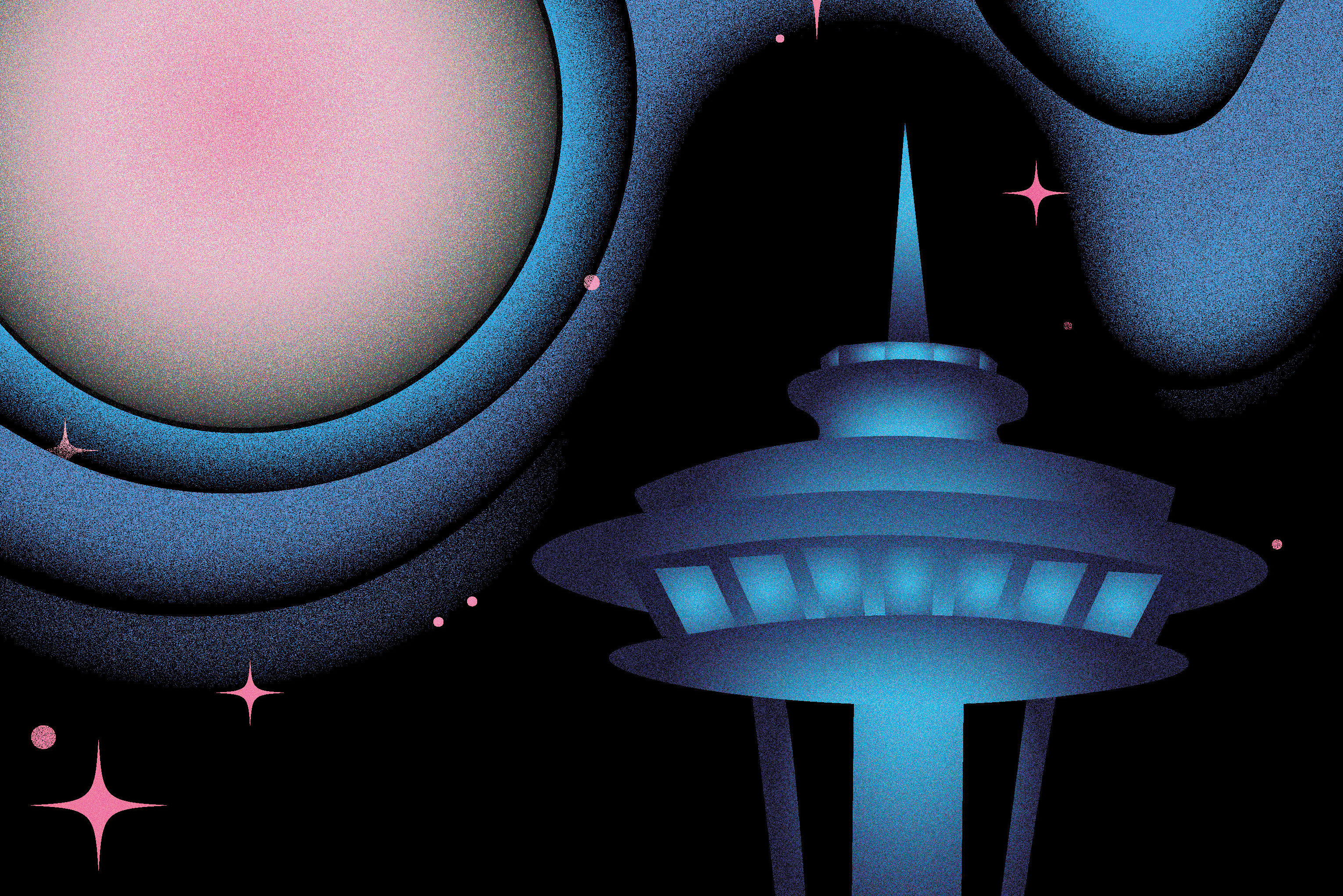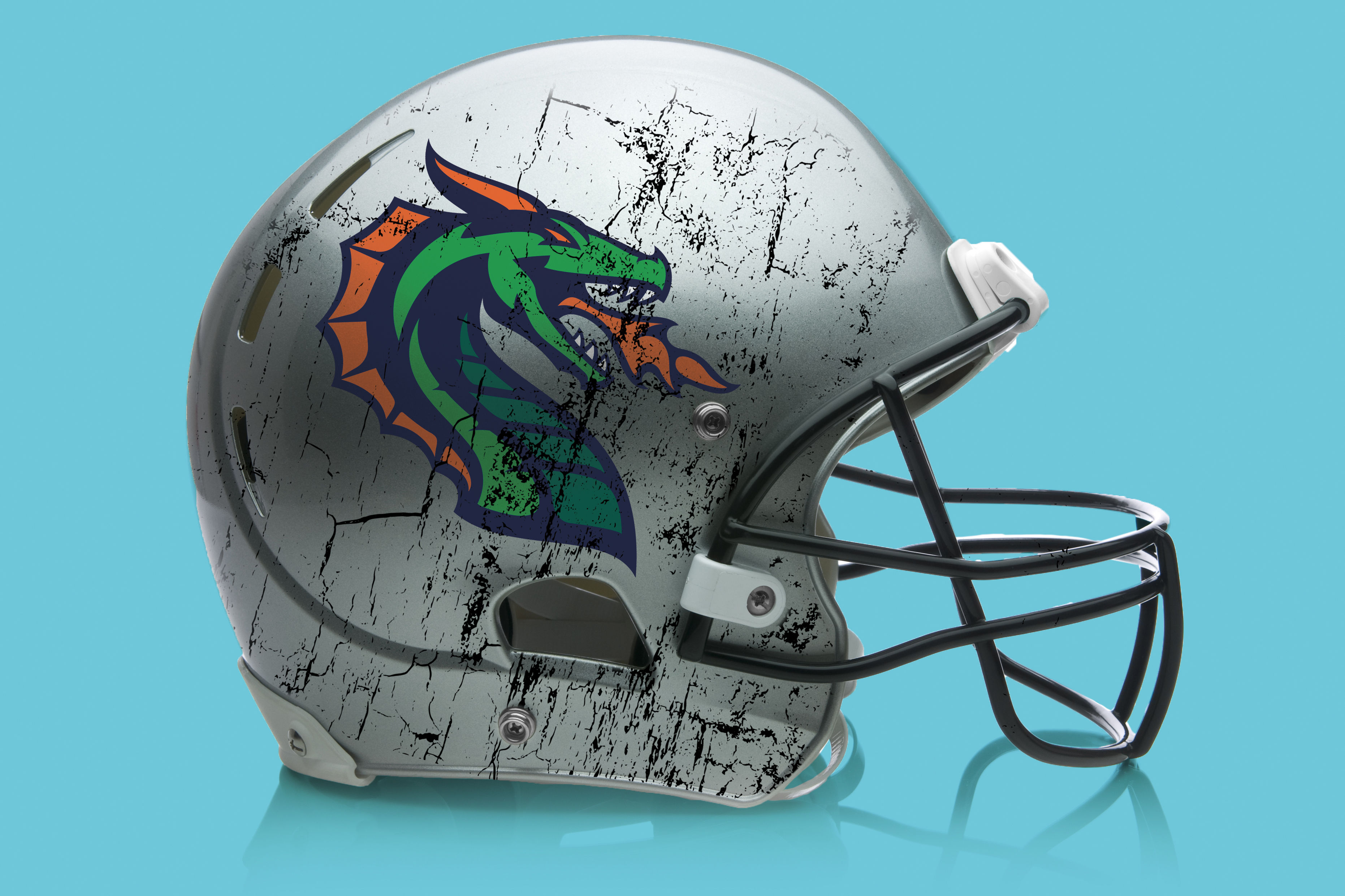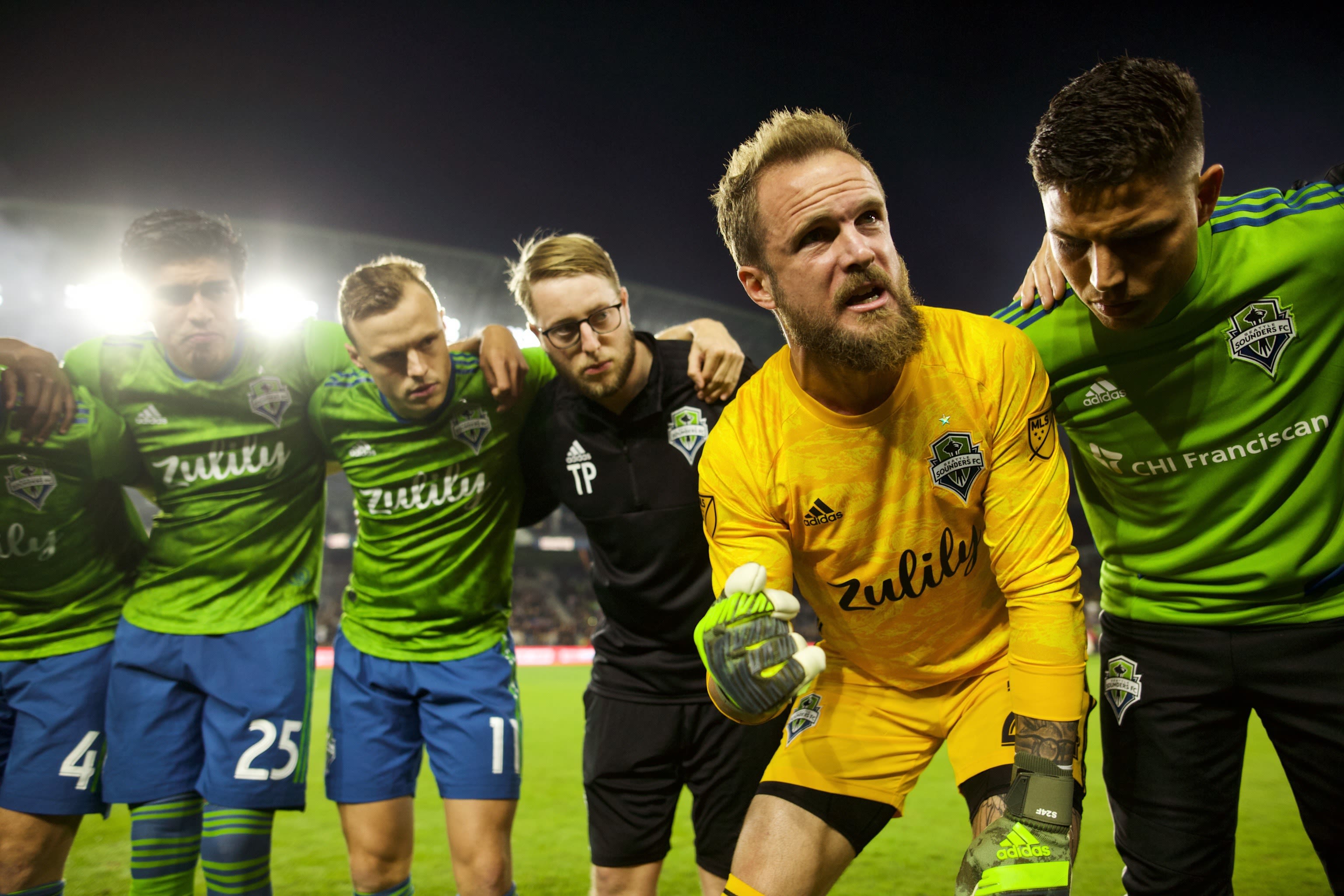PubliCola Adds Life
We Have a Winner in Our "Explain the '90s" Essay Contest.
In honor of Bumbershoot's 40th anniversary, over the past two weeks, we've asked PubliCola readers to explain the political subtext of a '70s hit (winner here
); to pick an '80s song and explain why it's really about Ronald Reagan (winner here); and to tell us why the '90s were
, musically speaking, more political than the preceding two decades.

Our '90s winner, Serene Careaga, wins two Standard Tickets to Bumbershoot, with guaranteed Mainstage access. She contends that the '90s were more political than the '80s or '70s because of riot grrl feminism.

Our '90s winner, Serene Careaga, wins two Standard Tickets to Bumbershoot, with guaranteed Mainstage access. She contends that the '90s were more political than the '80s or '70s because of riot grrl feminism.
The 90s were far more political than anything else that came before. Why? Two words: Riot. Grrrl.
Key Bands: Bikini Kill, Bratmobile, Heavens to Betsy, Huggy Bear, Excuse 17, Team Dresch.
Supporting document: The Riot Grrrl Manifesto
The riot grrrl movement was an important clash of third-wave feminism, punk rock, DIY politics (and aesthetics), and youth culture in the early '90s. Twentysomething women wanted to play their guitars loudly and be heard; they were tired of being sidelined through the patriarchal standards of music and the music business; they wanted to reconstruct femininity and make it tough.
The isolated clusters of pissed-off, college educated, (mostly) white women in Washington D.C. and Olympia eventually spread into a little feminist army with a resemblance to the consciousness-raising groups of the second-wave feminist movement. Loud punk music with nationwide tours combined with zine distribution to give the riot grrls' message salience.
And for the first time, mainstream media took notice of these women taking music production and cultural revolution into their own hands. Soon, they were everywhere---from sincere Sassy profiles to hilariously patronizing television exposes, rich with "look at how these cute girls are destroying their dresses and yelling and spitting and smearing their lipstick."
Consumption culture cast the death spell on the movement, because once riot grrrl mentality was being sold back to the suburban girls in the form of pseudo-feminist role model Courtney Love, the cultural movement was a joke. Maybe the movement was doomed to perish by its insistence on decentralization and social democracy. Maybe we can only rage so long. Who knows.
Regardless of the inevitable death of the movement, evidence of its relevance still exists. Everything from the Spice Girls and the bubblegum "girl power" moment of the late '90s to Lady Gaga highlight how the path for independence and feminist politics was paved by these Olympia and D.C. bands. Riot grrrl was a true cultural and political revolution. The continuing evidence of the movement highlights how '90s music was more political than anything before.




